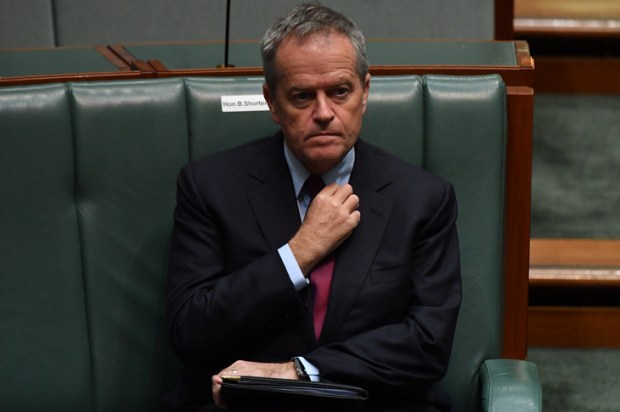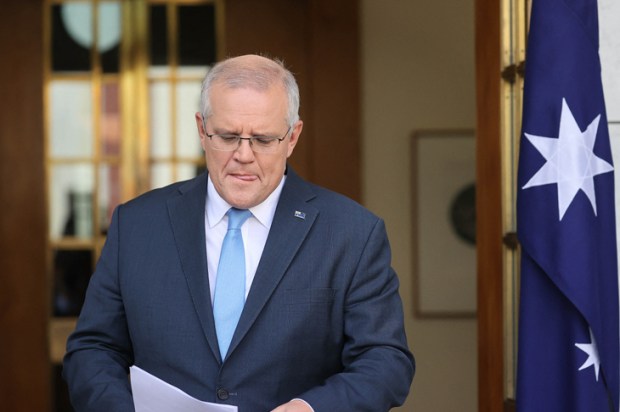The Australian National University’s rejection of the Ramsay Centre’s Western Civilisation degree has ignited a debate about university education in Australia. It’s highlighted the extent to which left-wing ideology has permeated Australian education. There are many reasons why a degree in Western Civilisation would be controversial in Australian higher education, but one that hasn’t gotten traction is the effect that the conflation of tertiary and vocational education has had on university standards — and the impact this has on the culture within universities and on our broader culture.
Already a subscriber? Log in
Subscribe for just $2 a week
Try a month of The Spectator Australia absolutely free and without commitment. Not only that but – if you choose to continue – you’ll pay just $2 a week for your first year.
- Unlimited access to spectator.com.au and app
- The weekly edition on the Spectator Australia app
- Spectator podcasts and newsletters
- Full access to spectator.co.uk
Unlock this article
You might disagree with half of it, but you’ll enjoy reading all of it. Try your first month for free, then just $2 a week for the remainder of your first year.














Comments
Don't miss out
Join the conversation with other Spectator Australia readers. Subscribe to leave a comment.
SUBSCRIBEAlready a subscriber? Log in